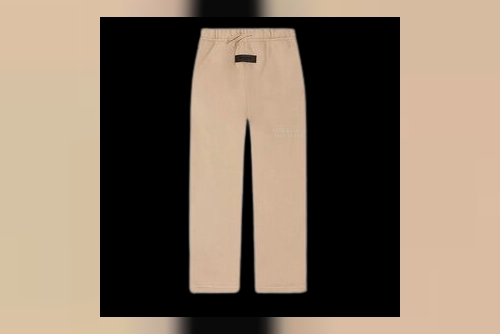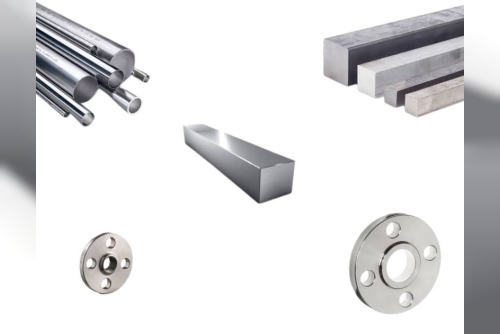Vein disease can influence anyone as there are no underlying conditions for trapping this disease. When proper diagnosis and treatment are not given on time, there are chances of causing more complications like heart disease, ulcers, type 2 diabetes, and strokes. So, everyone needs to know about the different types of vein diseases and their effective line of treatment for maintaining vascular health. Here, explore the different types of vein disease.
What Are Common Types of Vein Diseases?Varicose Veins
Varicose veins are visible in enlarged, twisted, bulgy veins and appear below parts of the body, often legs. The reason for developing varicose veins is weakened valves because blood does not pass to the heart properly. Some common factors causing varicose veins are family history, prolonged sitting or standing, lifestyle changes, obesity, and lack of involvement in physical exercises.
Deep Vein Thrombosis (DVT)
DVT is called deep vein thrombosis, a blood clot often found in deep veins. It can create more complications or put an individual's life at risk, specifically when it passes to the lungs. However, prolonged immobility, excessive weight, and genetic factors increase the risk of Deep Vein Thrombosis (DVT).
Chronic Venous Insufficiency (CVI)
CVI is a more severe condition, and it happens when affected valves cause blood to pool in the veins, which can further cause swelling and discoloration in the skin. It can usually occur because of prolonged venous hypertension and deep vein thrombosis (DVT).
Symptoms Need Careful Attention in Different Types of Veins Insufficiency
Symptoms of Varicose Veins
Twisted or bulgy veins Severe pain or aching Burning sensation or itching near the affected area Itching or burning sensation
Symptoms of Deep Vein Thrombosis (DVT)
Swelling in one leg Redness and warmth Pain or tenderness
Symptoms of Chronic Venous Insufficiency (CVI)
Changes in skin color, like ulcers Swollen legs or ankles Severe aching or pain
Many treatment options are available to treat varicose veins, including compression stockings, self-care measures, minimally invasive procedures such as sclerotherapy, endovenous laser treatments, ligation, vein stripping, and radio frequency treatments. Surgery is only the last hope for vein patients, especially when other treatments are ineffective. Sometimes, people get confused about What Kind of Doctor Treats Varicose Veins. Phlebologists or vascular specialists are experts in examining, diagnosing, and treating varicose veins.
Wrapping It Up
Hoping from the above-mentioned varicose vein guide, you now better understand the different types of vein diseases and their respective symptoms. However, different vein treatments help individuals care for their vascular or vein health condition. Identifying symptoms and implementing preventive measures can encourage many people to have healthy veins and reduce the impact of vein diseases on overall health. If you're in a confused state of mind, which type of vein treatment improves your vascular health condition? It is better to consult a healthcare expert and take their advice, or you can also ask for personalized advice and treatment options. How much does varicose vein treatment cost? This is a common question of vein disease asked by vascular specialists during the first appointment.












